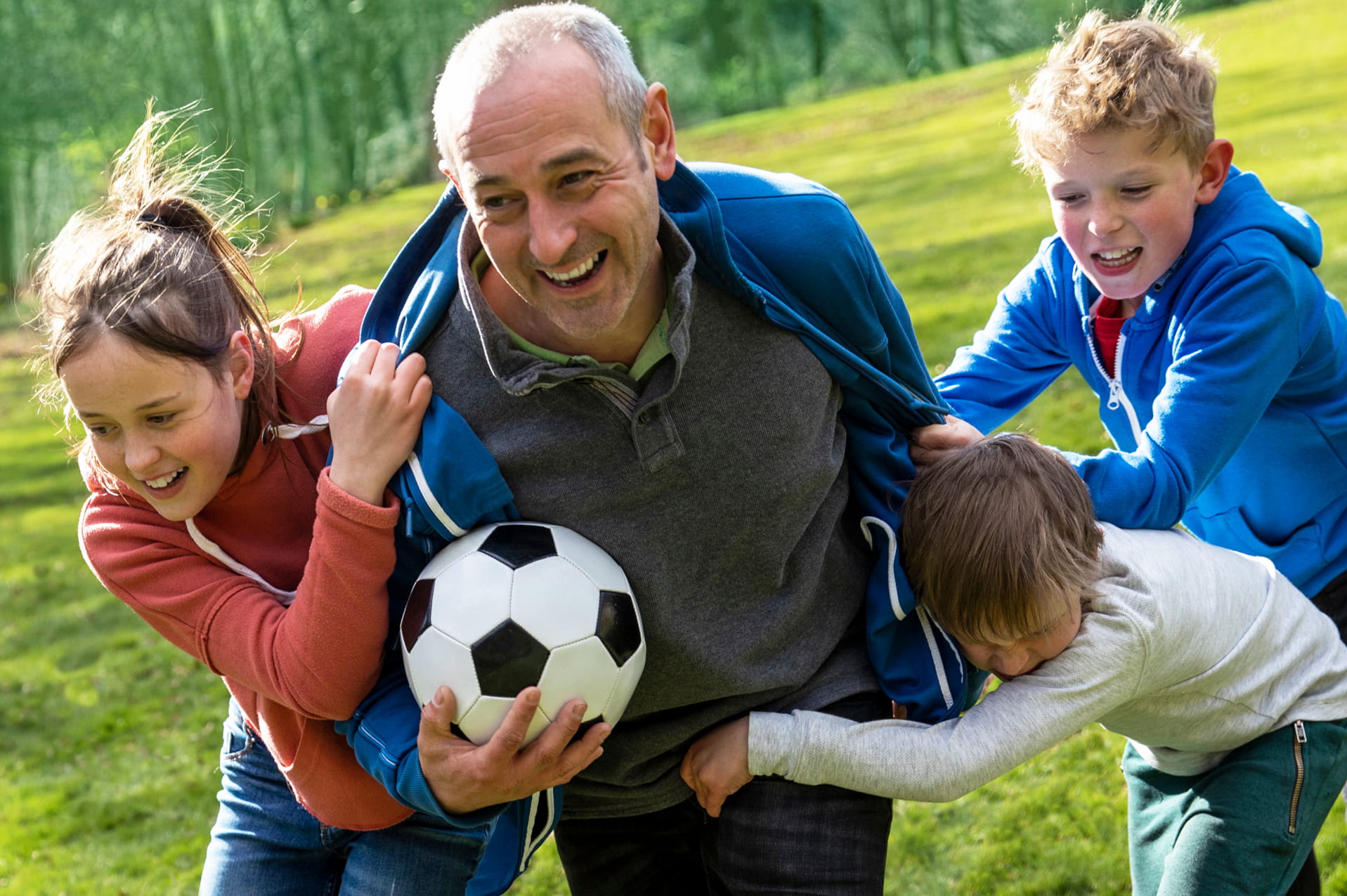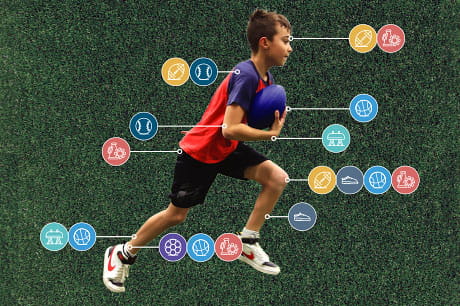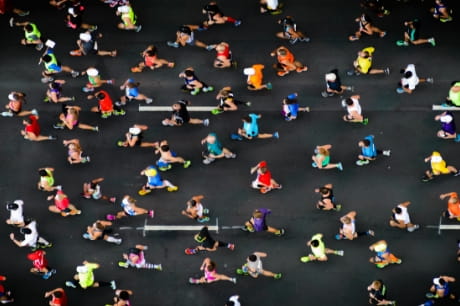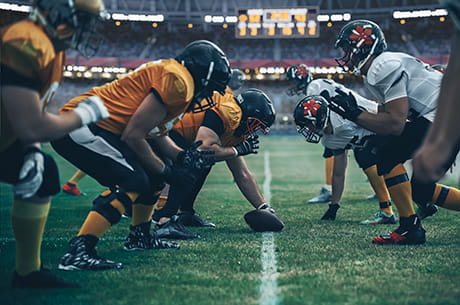Play sports? Here’s what to know about concussions.
Know how to spot concussion symptoms and recover properly.
Year-round sports and occasional backyard games can put you or your young athlete at risk of a concussion. Even with proper head protection, concussions can still happen.
“You can take precautions to prevent them,” says Roxanna Larsen, director of sports medicine, orthotics and fitness at Geisinger Healthplex Woodbine, “but knowing what they are and their symptoms can help you recover properly."
What is a concussion?
A mild form of traumatic brain injury, a concussion happens when a blow to the head or a whiplash movement makes your brain jerk back and forth inside your skull. That can damage brain tissue.
“Although concussions are not usually life-threatening, effects from the impact can sometimes be serious and long-lasting,” says Larsen.
Symptoms of a concussion
Concussions don't always knock you out. Symptoms can include:
- Drowsiness or difficulty waking up
- Headache and dizziness
- Loss of consciousness, even briefly
- One pupil that is larger than the other
- Unusual behavior, confusion, restlessness or agitation
- Vomiting, slurred speech, convulsions or seizures
- Weakness, numbness or worse coordination in arms or legs
Protect yourself — protect your noggin
It’s impossible to guarantee full protection against concussion, but a few tips can help you keep yourself (or your young athlete) from having a serious brain injury.
Wear head protection: Helmets and mouth guards won't provide complete protection from a concussion, but they can cut the risk. Make sure head gear fits properly and has been tested by the American Society for Testing and Materials.
Train like an athlete: Conditioning exercises that strengthen neck muscles could help protect younger athletes.
Get tested: Some sports leagues and Pennsylvania schools provide pre-injury baseline computer tests to check memory, problem-solving and reaction times. If you think you or your child has a concussion, the test can be used as a comparison tool. It can also help doctors determine when an athlete is ready to get back in the game.
Know when to take a break: Players who have a concussion during a game should be sidelined immediately and not return to play until a qualified health professional, like a certified athletic trainer, performs an evaluation and determines return-to-play status. Rest and relaxation are critical to help the brain heal.
Concussion recovery
It generally takes up to one month to recover from a concussion, but some people need as many as six weeks.
“When you’re recovering from a concussion, you should start with no activity and add it back in slowly as you begin to recover,” says Larsen.
Monitor your symptoms and increase your physical activity as they begin to improve. And you’ll know if you’re moving too quickly because you’ll have worse symptoms after activity.
“Listen to your body throughout your recovery, and call your doctor if you aren’t feeling better,” says Larsen.
Next steps:
Learn about sports medicine
It’s healthier for your teen to play multiple sports
Strains, sprains, breaks and fractures: How to tell them apart





